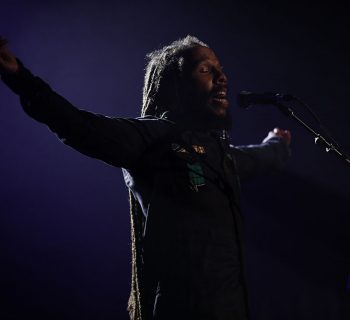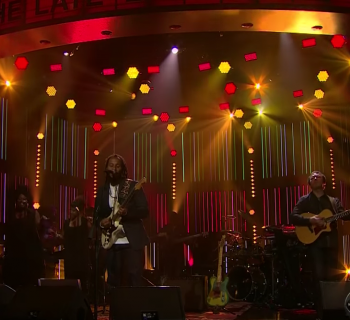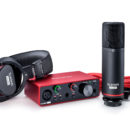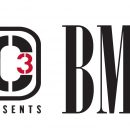With an instantly recognizable voice, a compelling and spiritually connected artistry and his undeniable legacy, Ziggy Marley is one of modern reggae’s most treasured artists. By age 10 the first-born son of the legendary Bob Marley was witnessing his father’s recording sessions. Fronting Ziggy Marley’s Melody Makers and subsequently establishing his identity as a solo artist, over the course of a multi-decade career he has emblazoned an indelible stamp on the genre of music that is his birthright.
Marley has distilled his creative energies into a children’s book, I Love You Too, a graphic novel titled Marijuanaman, Ziggy Marley Organics and a GMO-free product line including flavored coconut oils and hemp seed snacks now available in over 2,000 stores nationwide. His philanthropic contributions to a variety of causes are multitude.
These pursuits notwithstanding, with seven Grammys to his credit, music endures as Marley’s most profound form of artistic expression. His ongoing evolution is revealed in his self-titled sixth solo studio album as he interjects political perceptions alongside songs possessed of appealing and upbeat messages.
Music Connection: Your new record was tracked at a studio in Los Angeles that is very famous, Village Recorders.
Ziggy Marley: Yes, we started laying the foundation there, and then we finished it up at my home studio. I did my last record at Village Recorders also. The owner, Jeff Greenberg, is a good friend. The studio has a good vibe and a great energy.
MC: There are some familiar players on the project––guitarist Lyle Workman, who you’ve worked previously, and on bass, the great Abraham Laboriel. You’ve worked with Abe also, correct?
Marley: Yes. I started working with Abe in 1999 on a project produced by Don Was, The Spirit of Music (Ziggy Marley and the Melody Makers). He’s a happy bass player. I love what he brings with his personality and his musicality.
MC: How essential is personality when you select the musicians for your recording projects?
Marley:It’s vibes. We’re not robots playing music. Human interaction has an effect, and we have an effect on each other.
MC: One of your standout songs from the new full-length, “Weekend’s Long,” features a complex number of interlocking textures. Do you configure your song arrangements well in advance?
Marley: Yes, I map them out ahead of time. I write the song and then I have my own studio where I work out the bass, guitar and drum ideas. Basically everything. Then Lyle Workman might come in and re-record what I did, but better, and everyone else brings their own ideas to complement what I do.
MC: You produced this project yourself. Is it difficult to maintain perspective wearing two hats as both artist and producer?
Marley: I’ve learned a lot from everyone I’ve worked with in the past; engineers and producers, so with this record and the last record (Fly Rasta) the ideas of what I wanted my music to sound like were represented. I think this record is connected to the last record. This record is what the last record should have been if I knew then what I know now.
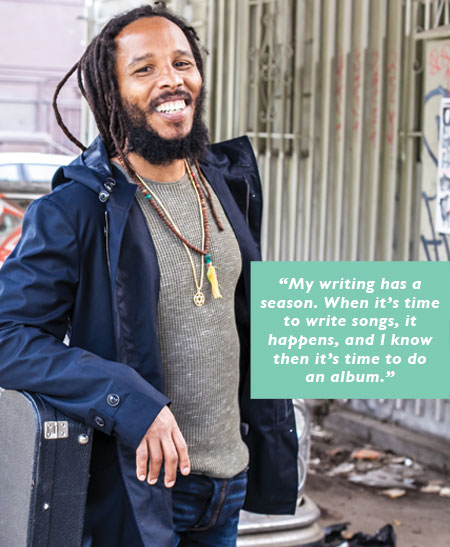 MC: What specifically did you learn from the recording experience that you brought into the new project?
MC: What specifically did you learn from the recording experience that you brought into the new project?
Marley: It’s taking your time, not getting frustrated when you hit the roadblocks. We were joking when I was mixing because the songs that I thought were finished actually weren’t finished. When I was mixing I was still making corrections. I think that’s one of the points I reached. The expression in the studio was “No stone left unturned.” That’s what I learned. The last record would have been better if I would have had that attitude.
MC: In arranging or producing, do you ever run the risk of overthinking a song to the point where you lose the initial intent?
Marley: I’ve had to let go, even on this record. There is a point where you can overdo it, so just let it go. But I know when to stop myself.
MC: How has the process of songwriting evolved with your experience?
Marley: There is no secret. It is up to me to trust in the fact that it will come; it will happen. You have to keep working at it. I believe in the inspiration––that the words that I sing and what I sing about is not something that I make up myself, but it’s an inspiration from another source that helps me to write the songs––another power. The songs are messages to the people of the world, and something else is giving me the idea that these are messages that the people need. There is something behind myself helping me to write these songs.
MC: How essential is divining these messages? Are they clear at the onset of the writing?
Marley: The messages are in the music. That’s the key. If I’m singing that I drive a fancy car, where does that come from? I don’t know. But I sing about a spiritual thing, then that has something to it. Not every songwriter or singer can use that answer as a fact, because not every artist has that message within the music that’s affecting the people. There might be other sources, but my source is a righteous, godly and palliative source.



